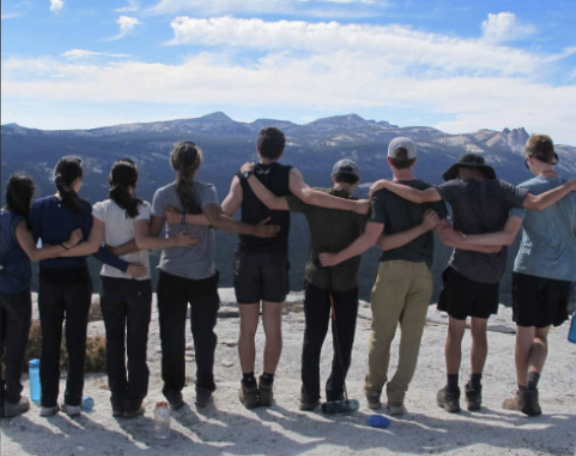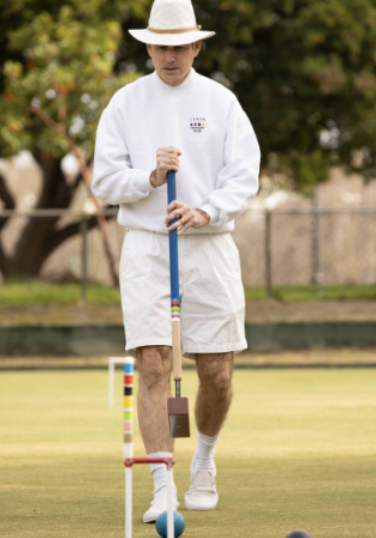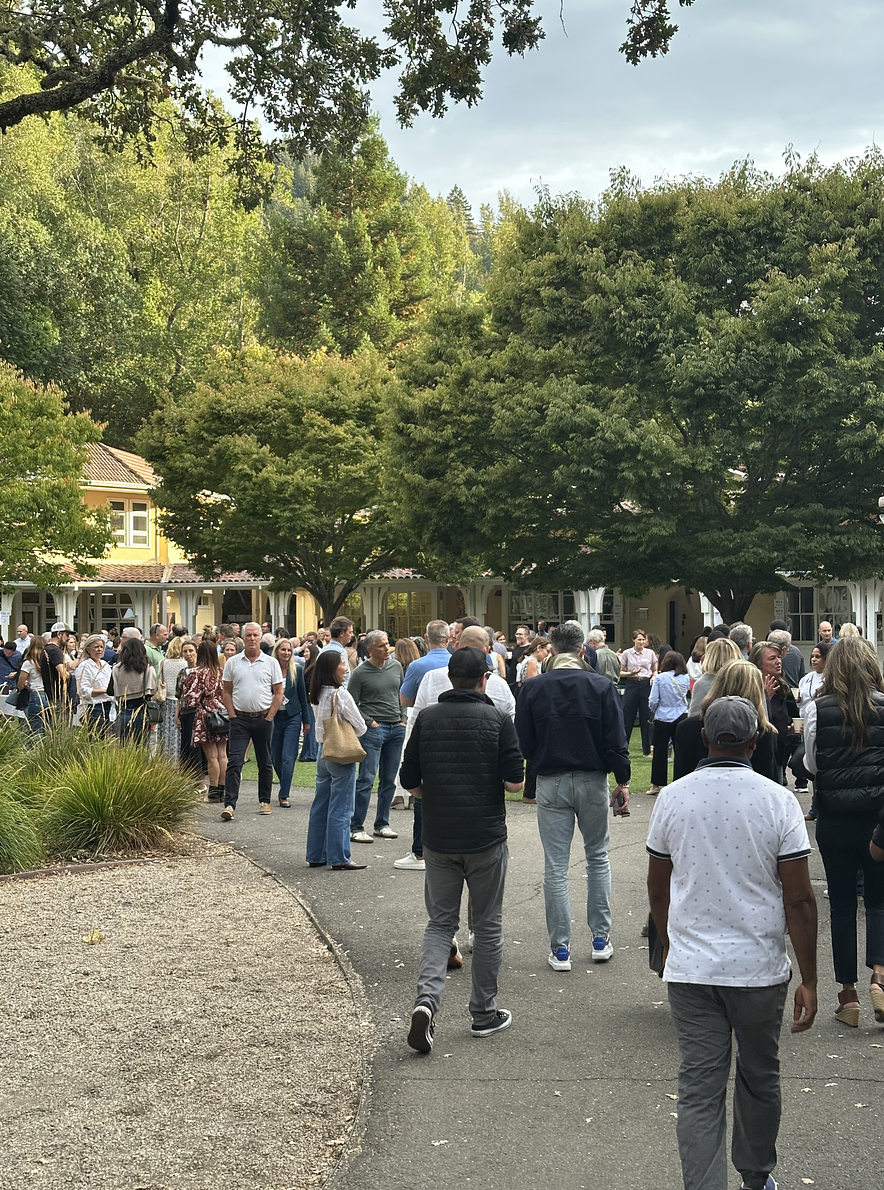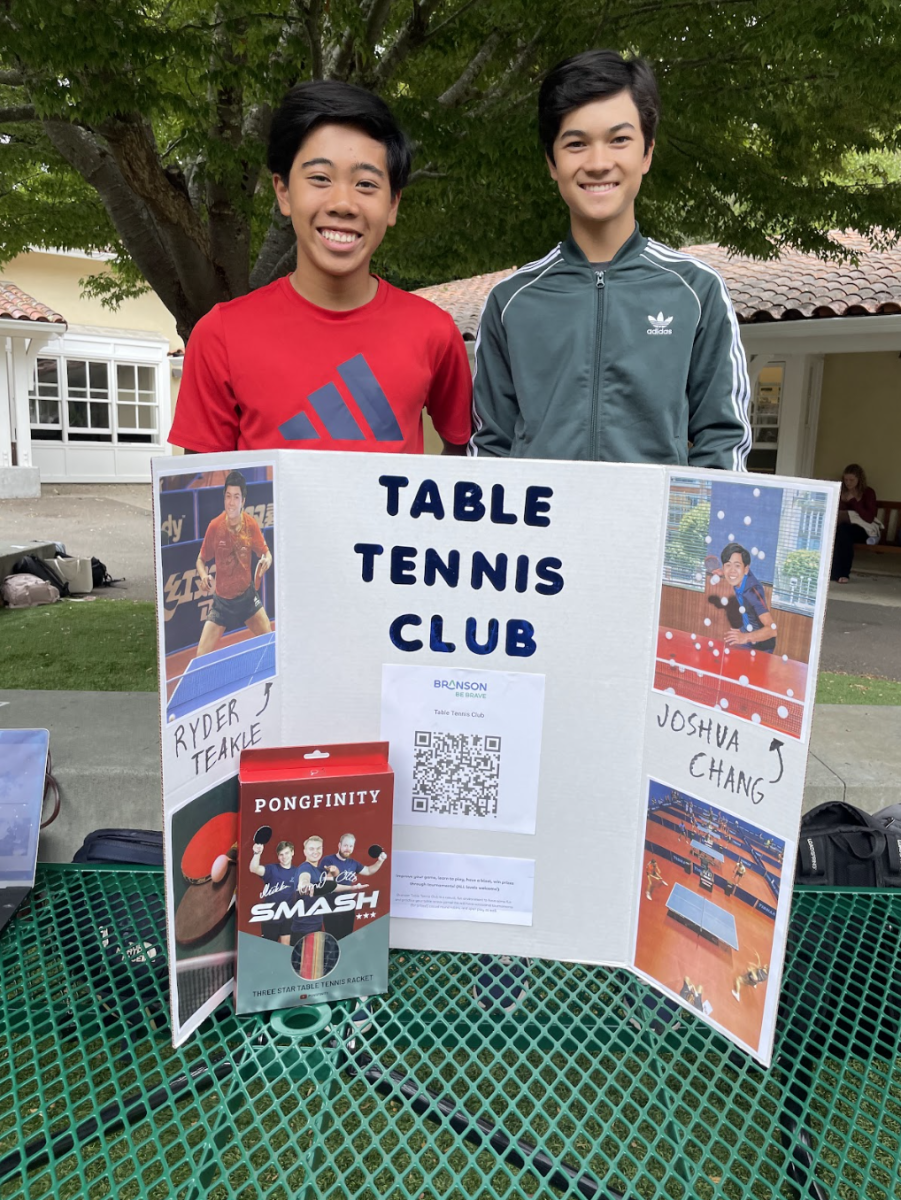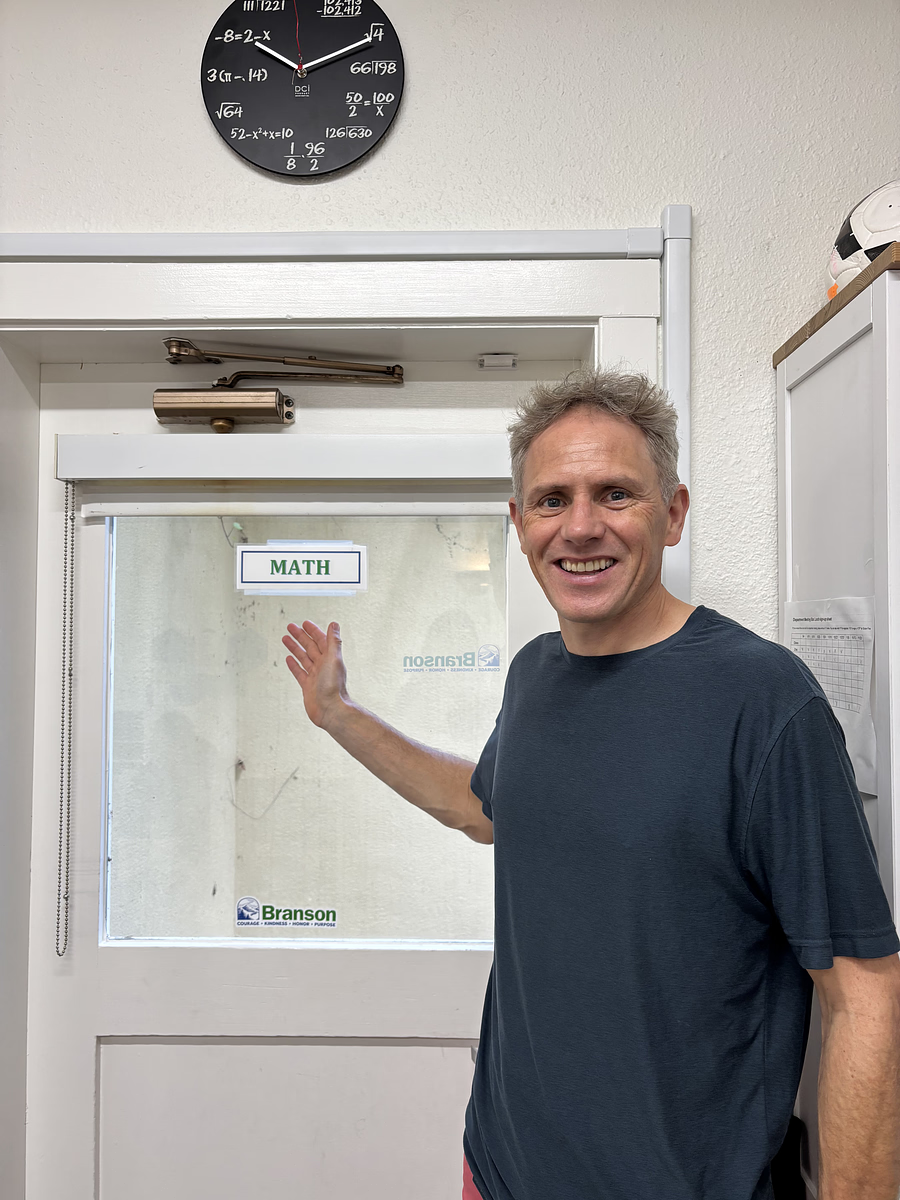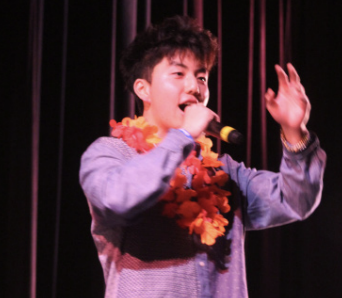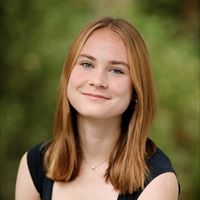During assembly on Monday, Jan. 27, the junior fellowship recipients of the Class of 2026 were announced. After an extensive and thorough review process of anonymous applications and in-person interviews, members of faculty and staff chose 12 projects out of a record-breaking pool of 64 applicants.
Kaylyn Molloy ‘26 plans to visit Rotuma, the island of her ancestral heritage, to participate in cultural immersion, document the customs and culture of the Island and create an interactive exhibit. Molloy was inspired to pursue this project by what she sees as a lack of representation.
“There is little to no representation of our demographic in the country,” Molloy said. “I found it hard to learn about my heritage and share my experience with anyone outside of my family.”
Molloy hopes to capture the uniquely specific aspects of her culture. “This fellowship will allow me to focus on a specific island’s identity and show how it differs from what is commonly thought about island culture, showing that each island is distinct and unique,” she said.
Elizabeth Miller ‘26 and Beatrice Morfit ‘26 seek to use their fellowship to help women and children seeking asylum in the U.S. through storytelling and art.
Last summer, Miller and Morfit travelled to Nogales, Arizona, a border town, with a program that does volunteer work with shelters in the area. Miller and Morfit were inspired to pursue their fellowship by the stories they heard from the women and children they worked with.
“One activity we did with the kids at the shelter particularly sparked our interests and really inspired us,” Miller said. “We had asked the kids to draw their home, and through this activity we were able to hear all of the children’s stories about where they came from and how they got to the shelter, which was really interesting.”
Miller and Morfit hope their project will shed light on the different aspects of the immigrant experience.
“We want to highlight how immigration is not just a political issue; it’s a human issue,” said Miller. “It is important to show the real, human side of the immigrant experience. We want to help give these women a voice.”
Their end goal is to submit their final art piece to the Smithsonian, as well as to put together an art gallery at Branson.
Khema Klinetobe ‘26 will film a documentary on the generational mental health effects of the Khmer Rouge regime on Cambodians. She intends to travel to Cambodia and hear from different voices.
Klinetobe became interested in film through a family history documentary project she undertook in middle school, as well as a film program she participated in at Northwestern University last summer.
“Last summer I thought, ‘Hey, maybe I should actually pursue this passion even further,’” she said.
Klinetobe’s mother and relatives on her mother’s side were heavily impacted by the Khmer Rouge regime, which inspired Klinetobe to explore the topic and educate people on the history of the regime.
“I’m not sure how many people know about this time in history,” she said.
Klinetobe also wants to shed light on the mental health effects a traumatic historical event, such as the one her family experienced, can have on a person and their family.
“I want people that are children of immigrants and refugees that went through some sort of trauma to know that there is a reason your parents might act a bit strange or there’s a barrier there,” she said. “I want to help people understand where that behavior is coming from and the actual psychology behind it.”

